Why is RIDDOR Important: Protecting Workers and Preventing Incidents
In this article we will answer the question, why is RIDDOR important, and take an in depth look at how it helps to protect workers.
In any workplace, it is essential to prioritize the health and safety of all workers. Accidents and incidents can happen at any time, regardless of the industry or job role. However, with proper measures in place, many accidents can be prevented.
One crucial aspect of ensuring health and safety in the workplace is reporting and recording incidents.
What does RIDDOR stand for?
RIDDOR stands for the Reporting of Injuries, Diseases and Dangerous Occurrences Regulations.
It is a law in the UK that requires employers, self-employed individuals, and people in control of work premises to report certain incidents and accidents at work.
The regulations were put in place to help prevent future accidents by identifying potential hazards and implementing appropriate measures to control them.
This not only benefits the workers involved but also helps to protect others who may be at risk in similar situations.
Dangerous occurrence's regulations 2013
RIDDOR reporting covers a wide range of potential accidents and incidents that must be reported
These include:
Deaths occurring as a result of workplace activities
Major injuries such as fractures, amputations or loss of sight
Injuries requiring hospitalization for more than 24 hours
Incidents resulting in an employee being unable to work for seven or more consecutive days
Accidents involving non-workers, such as members of the public or visitors
Health issues that affect the respiratory system and other vital organs
Why is RIDDOR important?
The primary goal of RIDDOR is to prevent workplace accidents and protect workers from harm.
By reporting incidents and near misses, employers can identify potential hazards in the workplace and take measures to address them.
This could include implementing new safety procedures, providing additional training or conducting risk assessments.
RIDDOR not only helps to protect workers' physical health but also their mental wellbeing.
What incidents and accidents are covered by RIDDOR?
RIDDOR covers a wide range of work-related accidents, diseases, and dangerous occurrences. Some examples include:
Fatalities
Fractures or amputations
Work-related illnesses or diseases
Dangerous incidents such as explosions or collapses
The full list can be found on the Health and Safety Executive (HSE) website.
Reporting of Injuries
If an employee suffers a major injury, such as a head injury, fracture or amputation, as a result of their work, it must be reported under RIDDOR.
Work related injuries may be caused by a variety of factors, including:
Manual handling,
Slips and trips,
Occupational Exposure
Or contact with machinery.
Employers are also required to report any injuries that result in the worker being unable to perform their normal duties for more than 7 consecutive days.
Reporting of Occupational Diseases
RIDDOR also covers occupational diseases such as:
Occupational Asthma
Carpal tunnel syndrome
Occupational dermatitis
Hand-arm vibration syndrome
Heat induced illness
Occupational Cancer
Hearing loss
Skin diseases
Asbestos-related illnesses
Hearing loss
Occupational diseases regulations were put in place to ensure that employers take appropriate actions to prevent future accidents from occurring.
Any workplace injuries that cause ill health could be caused by:
Exposure to toxic substances
Work-related stress
Repetitive strain injuries
Reporting of Dangerous Occurrences
Dangerous Occurrences regulations helps to identify potential hazards and implement appropriate control measures.
Dangerous occurrences refer to any near-miss incidents that could have resulted in serious harm or death, but luckily did not.
For example, a scaffold collapsing but no one was injured.
These types of incidents must also be reported to help identify potential hazards and prevent accidents from happening in the future.
Dangerous occurrences are incidents that may not result in injury but could potentially cause harm or damage such as:
Gas Incidents
Electrical incidents
Structural collapses
By reporting these occurrences, employers can take appropriate actions to fix any issues and prevent future incidents.
What is a work related Accident or Incident
A work-related accident or incident is any unexpected event that occurs during the course of work. It can include incidents resulting in:
Serious injury,
ill health,
Property damage
Non fatal accidents
Fatal injuries
Serious burns
It is important to report these incidents as they can help to identify underlying issues and implement safety measures to prevent similar accidents from happening in the future.
Health and Safety Legislation
RIDDOR is just one of many health and safety regulations in place to protect workers in the UK. Other important laws include:
Health and Safety at Work Act 1974
Management of Health and Safety at Work Regulations 1999
Control of Substances Hazardous to Health Regulations (COSHH) 2002
It is essential for employers to be aware of and comply with these regulations to ensure the safety and wellbeing of their workers.
A risk assessment should also be carried out regularly to identify potential hazards and take appropriate steps to control them.
Accident Book
All incidents and accidents should be recorded in an accident book even if they do not need hospital treatment.
This includes any minor injuries or near-misses that do not need to be reported under RIDDOR.
Keeping a detailed record of all incidents allows employers to track patterns and identify potential hazards, helping to prevent future accidents from happening.
As part of a regular risk assessment, it is important for employers to regularly review and update their accident book.
How to report a RIDDOR incident
If you are an employer, self-employed individual, or in control of work premises, it is your legal responsibility to report any incidents covered by RIDDOR.
To report a RIDDOR incident, you can use the online form on the HSE website or call the Incident Contact Centre.
It is important to report these incidents promptly and accurately, as failing to do so can result in legal consequences and put workers at risk.
How do RIDDOR incidents affect businesses?
RIDDOR reporting can have a significant impact on businesses. It may result in:
Increased insurance premiums
Legal consequences
Damage to the company's reputation
To avoid these negative consequences, it is essential for employers to prioritize health and safety in the workplace and ensure timely and accurate reporting of incidents under RIDDOR.
What Companies must comply with Riddor regulations?
All employers, self-employed individuals and those in control of work premises must comply with RIDDOR regulations. This includes:
Private sector companies
Public sector organizations
Non-profit organizations
Sole traders
Complying with RIDDOR not only fulfils legal obligations but also ensures the wellbeing of employees and promotes a safer working environment for all.
Conclusion
In conclusion, RIDDOR is an essential regulation for ensuring the safety and wellbeing of workers in the UK.
By reporting workplace accidents, incidents and dangerous occurrences, employers can identify potential hazards and take appropriate measures to prevent future accidents from occurring.
It is important for employers to be aware of their responsibilities under RIDDOR reporting and comply with all health and safety regulations to create a safe working environment for their employees.
Remember, prevention is always better than cure when it comes to workplace accidents and illnesses.
So if an incident occurs, don't hesitate to report it under RIDDOR and make sure your workplace is as safe as possible.




















